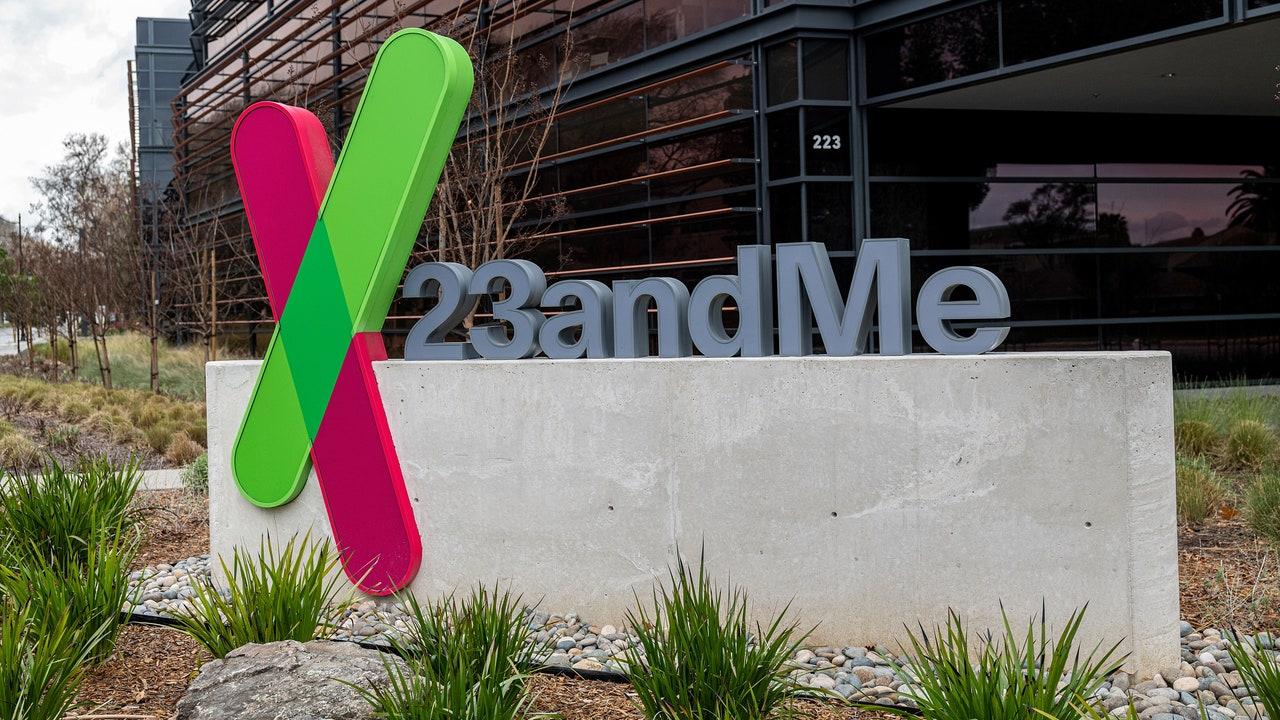Microsoft has always been at the forefront of technology, pushing boundaries and breaking new ground. With their recent foray into artificial intelligence (AI), they continue to prove that they are committed to revolutionizing the way we work and interact with our devices. One of Microsoft’s AI initiatives, “Copilot,” aims to bring emotional support to Windows and Office, further enhancing our productivity and overall experience.
The mastermind behind Copilot is Microsoft’s AI boss, Kevin Scott. Scott envisions a future where our devices not only help us complete tasks efficiently but also provide emotional support during our daily routines. Copilot aims to create a more empathetic and understanding environment, essentially transforming our computers into companions.
The idea behind Copilot is that AI should be capable of understanding our emotions and responding accordingly, just like a trusted friend or colleague would. This emotional intelligence will be infused into Windows and Office, allowing these programs to adapt to our emotional states and anticipate our needs.
Imagine a scenario where you are feeling overwhelmed with work. Instead of struggling on your own, Copilot will be there to offer encouragement and suggest solutions to alleviate your stress. It could suggest taking a break, provide motivational quotes, or even play calming music to help you relax. On the other hand, if you’re feeling excited and energetic, Copilot might match your enthusiasm and offer suggestions to further fuel your productivity.
The potential applications of Copilot are vast, especially in the workplace. It could help with stress management, providing support during high-pressure situations, and even serve as a virtual mentor, offering guidance and insights to enhance our skills and capabilities. Copilot could also help with inclusivity, creating a more welcoming and understanding environment for individuals with neurodiverse conditions such as autism, ADHD, or anxiety disorders.
Microsoft’s focus on emotional support is a significant step towards developing AI that truly understands and connects with users on a deeper level. By integrating emotional intelligence into their software programs, Microsoft aims to humanize technology and make it more accessible and relatable to users.
While the concept of Copilot is fascinating, developing it poses several challenges. Creating AI that accurately interprets emotions is a complex task, as emotions can be subjective and context-dependent. Additionally, ensuring user privacy and establishing clear boundaries in terms of data collection and personalization will be crucial.
Despite the challenges, Microsoft’s commitment to AI and innovation makes the realization of Copilot highly plausible. Their team of experts, led by Kevin Scott, is continuously researching and developing AI capabilities to create a more empathetic and supportive technology ecosystem.
Microsoft’s AI boss, Kevin Scott, is determined to bring emotional support to Windows and Office through the creation of Copilot. This AI initiative is aimed at enhancing our productivity and overall well-being by infusing emotional intelligence into our devices. Copilot promises to transform our computers into empathetic companions that understand our emotions and respond accordingly, providing encouragement, guidance, and support whenever needed. As Microsoft continues to push the boundaries of technology, it is exciting to envision a future where our devices not only assist us with our tasks but also offer emotional support, making our daily lives more fulfilling and enjoyable.

